Find Drug & Alcohol Rehab Centers in Iowa
We have independently evaluated and rated the rehab facilities in Iowa to provide an unbiased and comprehensive list of the best addiction and mental health services available.
Top 12 out of 247 rated rehabs in Iowa
-
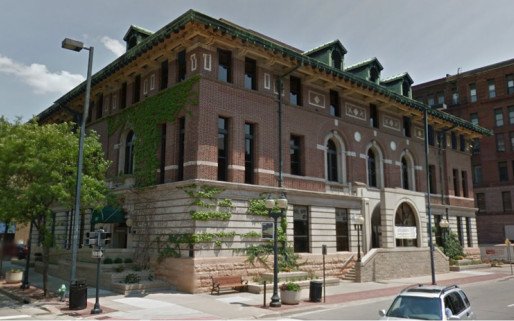 Outpatient Telemedicine
Outpatient TelemedicineCedar Rapids, Linn, IA
5/5
2 Accreditations
Insurance Accepted
Cash Pay Rate
Helping to improve the quality of life for those with drug addiction by delivering evidence-based outpatient recovery services. Services include drug monitoring, relapse prevention, and counseling to ensure all visitors finish their treatment program equipped with the right tools to achieve long-term recovery.
Substance abuse
Alcoholism
Counselling
MAT +
Private health insurance +
-
 Outpatient Residential Partial hospitalisation
Outpatient Residential Partial hospitalisationBettendorf, Scott, IA
5/5
3 Accreditations
Insurance Accepted
Cash Pay Rate
Offers a safe and welcoming environment for those seeking personalized addiction treatment. This residential setting utilizes medically supervised detoxification, as well as therapeutic interventions such as CBT, relapse prevention, and motivational interviewing, which are tailored to each visitor's needs, providing the greatest possible chance for recovery.
Substance abuse
Alcoholism
Co-occuring
Detox
Mental health
Counselling
MAT +
Private health insurance
Sliding Fee Scale +
-
 Outpatient Residential Partial hospitalisation Telemedicine
Outpatient Residential Partial hospitalisation TelemedicineBayard, Guthrie, IA
4.9/5
3 Accreditations
Insurance Accepted
Cash Pay Rate
Offers a warm and compassionate environment for those who try to free themselves from drugs and alcohol. This residential setting offers detoxification as well as therapeutic interventions, such as CBT, relapse prevention, and motivational interviewing, which are tailored to each visitor's needs, providing the greatest possible chance for recovery.
Substance abuse
Alcoholism
Detox
Counselling
MAT +
Sliding Fee Scale +
-
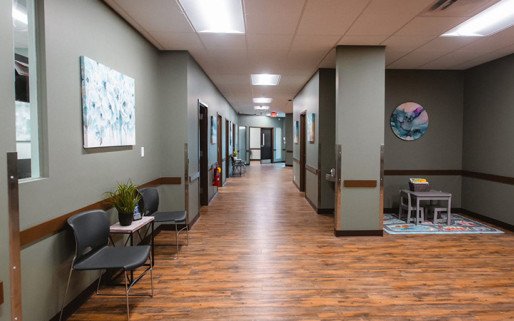 Outpatient Telemedicine
Outpatient TelemedicineCouncil Bluffs, Pottawattamie, IA
4.9/5
5 Accreditations
Insurance Accepted
Cash Pay Rate
Enhancing the well-being of individuals grappling with substance dependence by offering evidence-based outpatient recovery support. Encompassing substance monitoring, relapse strategies, and recovery guidance so patients conclude their treatment equipped to manage their addiction long-term.
Substance abuse
Detox
Counselling
MAT +
State Insurance
Medicare
Sliding Fee Scale +
-
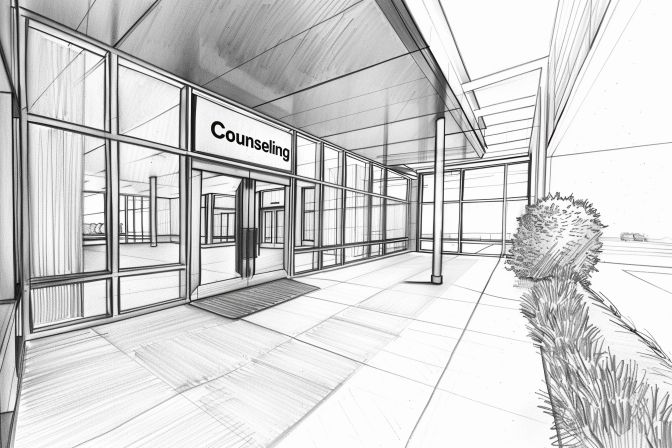 Outpatient Telemedicine
Outpatient TelemedicineDavenport, Scott, IA
4.9/5
3 Accreditations
Insurance Accepted
Cash Pay Rate
Supporting individuals struggling with substance dependence through evidence-based outpatient recovery programs. An ideal solution for those seeking help with addiction, but who have commitments that prevent them from attending residential treatment.
Substance abuse
Counselling
MAT +
State Insurance
Medicare
Sliding Fee Scale +
-
 Outpatient Telemedicine
Outpatient TelemedicineWest Des Moines, Polk, IA
4.6/5
6 Accreditations
Insurance Accepted
Cash Pay Rate
Set in a safe and comforting environment, this center offers a holistic approach to addiction recovery that prioritizes both clinical excellence and human connection. Merging evidence-based therapies with personal growth strategies helps create a pathway to sustained healing and the self-empowerment required to leave drugs and alcohol behind for good.
Substance abuse
Alcoholism
Mental health
Counselling
Gambling
MAT +
Private health insurance
State Insurance
Medicare
SAMHSA Funded
Sliding Fee Scale +
-
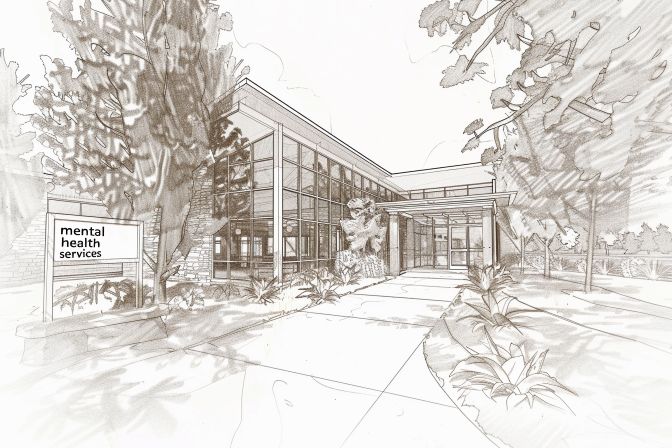 Outpatient Telemedicine
Outpatient TelemedicineDes Moines, Polk, IA
4.6/5
2 Accreditations
Insurance Accepted
Cash Pay Rate
Assists clients in starting a new chapter in their lives by treating addiction in a comfortable and caring atmosphere. It employs a well-rounded approach of evidence-based treatments and therapies with long-term recovery planning to help clients reclaim their future and prepare for sustained sobriety.
Substance abuse
Alcoholism
Mental health
Counselling
MAT +
State Insurance
Sliding Fee Scale +
-
 Outpatient Telemedicine
Outpatient TelemedicineEmmetsburg, Palo Alto, IA
4.6/5
6 Accreditations
Insurance Accepted
Cash Pay Rate
Committed to empowering individuals on their recovery journeys, this rehab delivers customized treatment and empathetic support. They utilize a combination of clinically proven techniques, such as CBT and relapse prevention, complemented with detailed and ingratiated long-term recovery strategies.
Substance abuse
Alcoholism
Mental health
Counselling
Gambling
DUI/ DWI
MAT +
State Insurance
Medicare
SAMHSA Funded
Sliding Fee Scale +
-
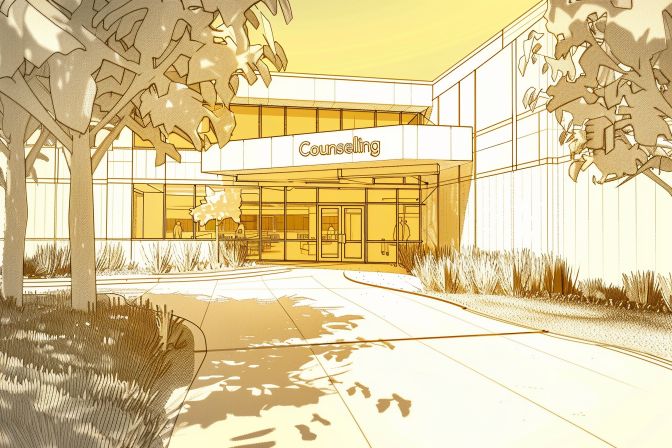 Outpatient Telemedicine
Outpatient TelemedicineNewton, Jasper, IA
4.6/5
4 Accreditations
Insurance Accepted
Cash Pay Rate
This rehab provides thorough and compassionate care for those struggling with substance use disorders. Its treatment philosophy centers on evidence-based practices and a holistic approach to improving quality of life, acknowledging that a successful recovery journey includes professional support, personal evolution, and skill-building for self-sufficiency.
Substance abuse
Alcoholism
Co-occuring
Mental health
Counselling
DUI/ DWI +
State Insurance
Medicare
SAMHSA Funded
Sliding Fee Scale +
-
 Outpatient Residential Partial hospitalisation Telemedicine
Outpatient Residential Partial hospitalisation TelemedicinePrairie City, Jasper, IA
4.6/5
2 Accreditations
Insurance Accepted
Cash Pay Rate
Provides dedicated and experienced care to individuals requiring co-occurring disorder treatment for addiction and mental health issues. The peaceful residential setting and professional staff ensure clients can relax while receiving a tailored treatment program designed to address all aspects of addiction and mental health equally.
Substance abuse
Alcoholism
Co-occuring
Mental health
Counselling
MAT +
State Insurance +
-
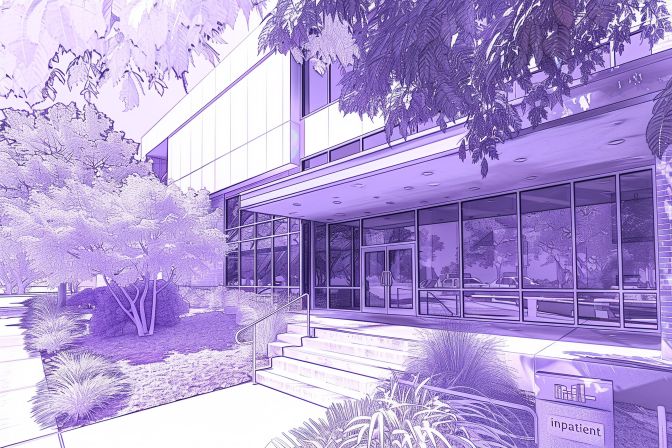 Residential
ResidentialOttumwa, Wapello, IA
4.6/5
3 Accreditations
Insurance Accepted
Cash Pay Rate
Utilizes a range of evidence-based addiction treatment methodologies in an inpatient setting, assuring residents get the best care for their substance use disorders. Specialists are on hand to provide one-to-one support through behavioral therapies like CBT, as well as preparing for ongoing recovery with aftercare and relapse prevention services.
Substance abuse
Alcoholism
Counselling
MAT +
State Insurance
SAMHSA Funded
Sliding Fee Scale +
-
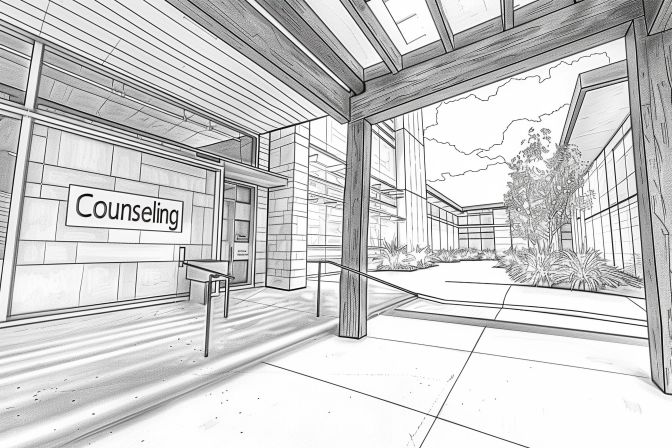 Outpatient Telemedicine
Outpatient TelemedicineAtlantic, Cass, IA
4.5/5
3 Accreditations
Insurance Accepted
Cash Pay Rate
Embraces a philosophy of holistic care that ensures clients are empowered with the skills for long-term addiction recovery. Through a balance of research-backed therapies such as CBT and relapse prevention, practical life skills training, and dedicated aftercare programs like recovery coaching, individuals can make lasting progress long after treatment ends.
Substance abuse
Alcoholism
Co-occuring
Mental health
Counselling
Gambling
MAT +
Private health insurance
State Insurance
SAMHSA Funded
Sliding Fee Scale +
More Information
How long does rehab treatment take?
The average inpatient treatment program lasts between 30 and 90 days but outpatient and aftercare services may be longer.
How do I pay for rehab treatment?
Rehab facilities accept a wide range of payment options including health insurance, self-funding, grants & scholarships, and Medicaid/Medicare.
How do I choose the right rehab in Iowa?
Speaking to a physician or healthcare expert can help you identify the severity of your substance use disorder and a suitable treatment option. You can then search our directory for a center that best meets your needs.
Can I get mental health treatment during rehab?
Yes, many rehab facilities offer treatment for co-occurring substance use disorder and mental health conditions. The provider will discuss your medical history with you before being admitted to assess if you require dual diagnosis treatment.
What treatment medications are used during rehab?
Substance use disorders may require different medication-assisted treatments depending on the substance being abused and the severity of the addiction. For opioid use disorders, suboxone, buprenorphine, and methadone are often used during detox and aftercare, while those with an alcohol addiction may receive Antabuse.
Can rehabs in Iowa give out my information?
No, The Health Insurance Portability and Accountability Act of 1996 (HIPAA) is a federal law that prevents a patient's private health information from being shared with another party without their consent including patients attending rehab treatment.
What is a rehab like?
All rehab facilities operate differently and treatment settings can alternate what a day-to-day schedule will look like. Read here to find out more about a typical day in rehab.
Does my health insurance cover rehab?
Yes, almost all health insurance providers will cover the cost of substance use disorder and addiction treatment under their plans, as well as other mental health conditions.
How much does rehab cost in Iowa?
Rehab treatment costs can vary greatly; with outpatient detox programs costing around $1,200 and residential inpatient services costing over $10,000. Rehab costs can almost always be covered partially or wholly by health insurance and many centers accept other payment options depending on your circumstances.
When should I seek help for addiction?
There are many indicators that you or a loved one may have a substance problem. Read our guide on the warning signs of addiction for more information or take our self-assessment.
How do I get a loved one to go to rehab?
While it’s good to share your concern for the person's well-being and health, it’s important to understand that they may not be ready or willing to get help. Most of the time, going to rehab needs to be a voluntary choice (unless court-ordered) so you cannot force a loved one into rehab.
What should I bring with me to rehab?
Each rehab center has its own set of rules and policies about contraband items, so check with the facility before you pack your things. There are also some items you may need to bring with you for admission, including a photo ID and a copy of your health insurance card, as well as clothing for several days and hygiene products.
Do I need to go to rehab for detox or can I do it alone?
If you experience signs of withdrawal when you miss a dose or stop abusing a substance, it is important to seek help at an inpatient medical detox center. Certain substances such as alcohol or benzodiazepines also pose additional health risks when use stops and medical supervision is needed to avoid serious complications.
Will I lose my job if I go to rehab?
No, The Americans with Disabilities Act (ADA) protects individuals who are attending rehab from discrimination in the workplace, meaning you cannot be fired for seeking substance use disorder treatment.
Can I go to rehab if I’m pregnant?
Yes, many rehab facilities specialize in treating expecting mothers; ensuring both mother’s and baby's health are taken care of alongside treatment for substance use disorders.
Are cellphones allowed in rehab?
While you can bring your phone with you to rehab, almost all residential facilities will ask you to hand it over along with other valuables during the admission process.
Can I still work while in rehab?
While going to rehab won’t affect your employment status, almost all facilities do not allow remote working during treatment. This is to ensure patients are free from outside distractions and can focus on healing.
Can I visit someone in rehab?
Yes, though all rehabs will have their own visitation policy and most won’t allow outside visits within the first 14-30 days.
Calls to numbers marked with (I) symbols will be answered or returned by one of the treatment providers listed in our Terms and Conditions, each of which is a paid advertiser.
In calling the helpline you agree to our Terms and Conditions. We do not receive any fee or commission dependent upon which treatment or provider a caller chooses.
There is no obligation to enter treatment.
Access State-Specific Provider Directories for detailed information on locating licensed service providers and recovery residences in your area.
For any specific questions please email us at info@recovered.org
Insurance Accepted
This center accepts most forms of health insurance. Contact them to find out more or use our insurance verification to check your coverage.
Insurance Accepted
This center may not accept all forms of insurance. contact them to find out more.
We are awaiting cost confirmation from the center owner.
Medication designed to help with withdrawal symptoms and cravings may be offered as part of an addiction treatment program.
Accreditation(s) indicate the organization's national, state, or industry recognition for the treatment of substance use disorders and or mental health conditions.
